I hope you enjoy reading this blog post.
If you want to get more traffic, Contact Us

Click Here - Free 30-Minute Strategy Session
Be quick! FREE spots are almost gone for this Month. Free Quote
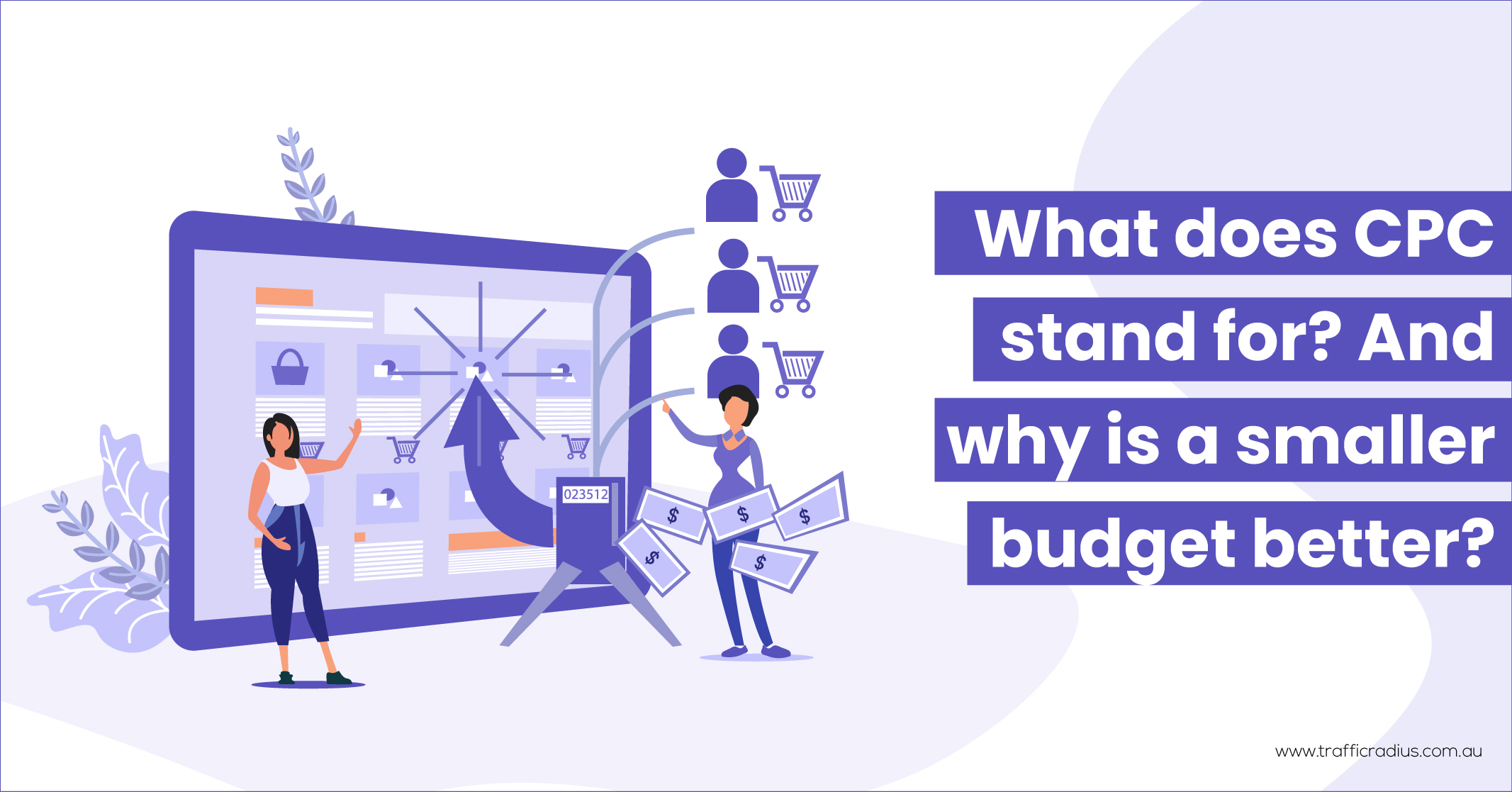
When it comes to pay-per-click (PPC) metrics, one of the most important ones is the cost-per-click (CPC). It plays a significant role in determining the cost and return on investment (ROI).
However, managing CPC effectively can be challenging, as it can make a difference between a well-controlled budget and a disappointing ROI. Striking the right balance is not an easy task. In this blog, we will explore the meaning of CPC, its importance and strategies to reduce it without compromising desired results.

Click Here – Free 30-Minute Strategy Session
Be quick! FREE spots are almost gone for this Month
We will address some common questions about CPC in the realm of digital marketing, such as:
Cost per click (CPC) refers to the amount you are charged for each click on your pay-per-click (PPC) campaigns.
No matter where you advertise, be it on Google, Bing, Facebook, or Instagram, CPC is a crucial metric in the world of PPC.
In addition to providing insight into the cost of individual clicks, it serves as a valuable indicator of which keywords or targeting options yield the best results for your budget, as well as those that are depleting it. Without this information, your PPC strategy would essentially be guesswork.
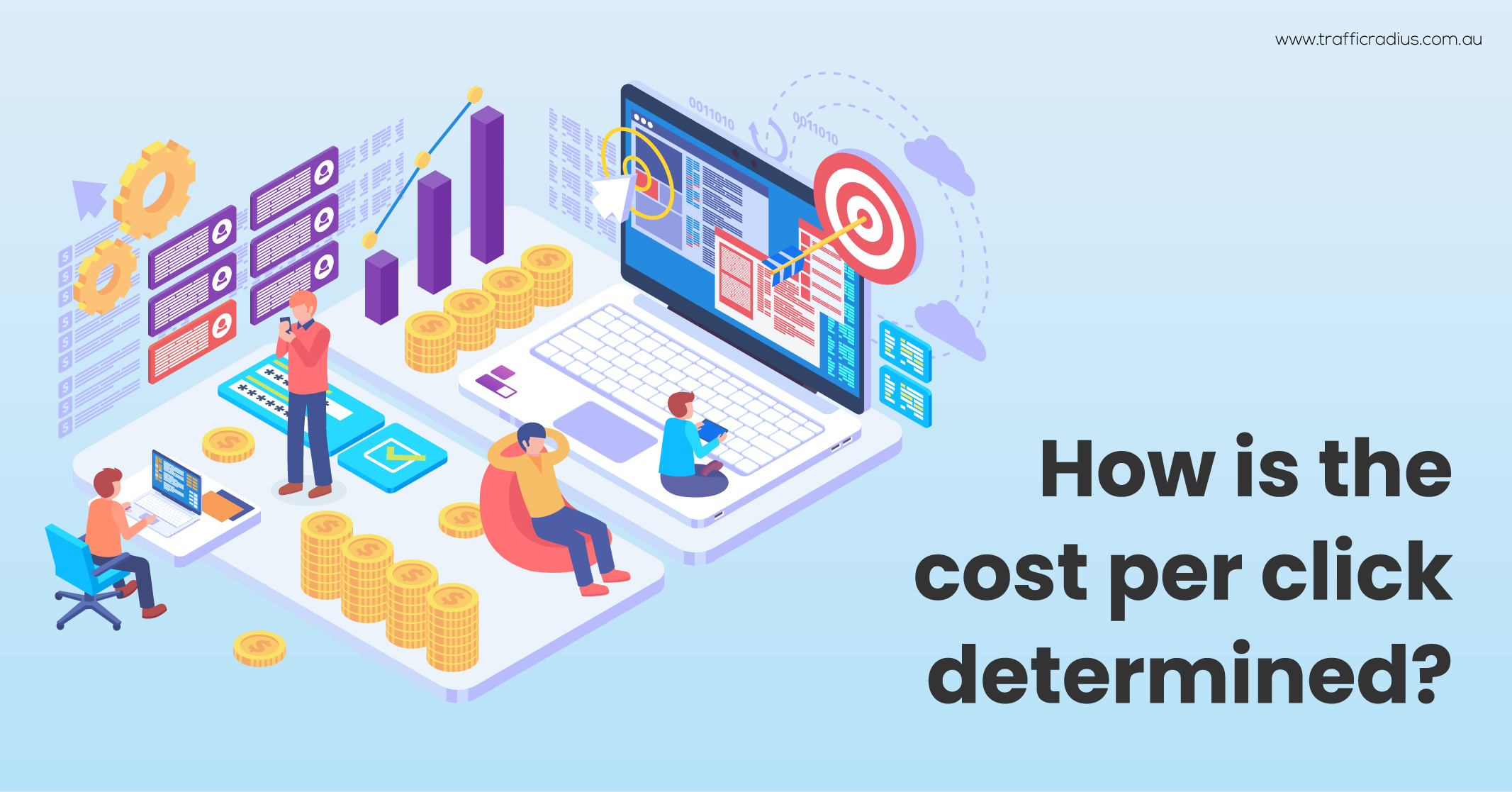
To begin with, when you place a bid on a keyword or a specific set of targeting options, you are indicating the maximum amount you are willing to pay. However, it’s important to note that you won’t always pay the full maximum bid amount.
Furthermore, you can control your budget by setting a daily budget or maximum spending limit. Once this limit is reached, your advertising will cease for the day, ensuring your budget remains in check.
The calculation of how much you pay per click varies depending on the advertising platform. However, it generally operates on an auction-based system, where the highest bidder receives prominent placement for their ads.
How to calculate the cost per click?
The cost per click formula for calculating Cost Per Click involves dividing the total cost of clicks by the total number of clicks your campaign has received.
For instance, if your ad campaign’s total cost was $100 and you obtained 200 clicks, your CPC would be $0.50.
Pro Tip: Regularly utilising this CPC calculation formula enables you to identify any changes or trends in your ad campaign costs, allowing you to make timely adjustments to your strategy or budget and stay ahead of the competition.
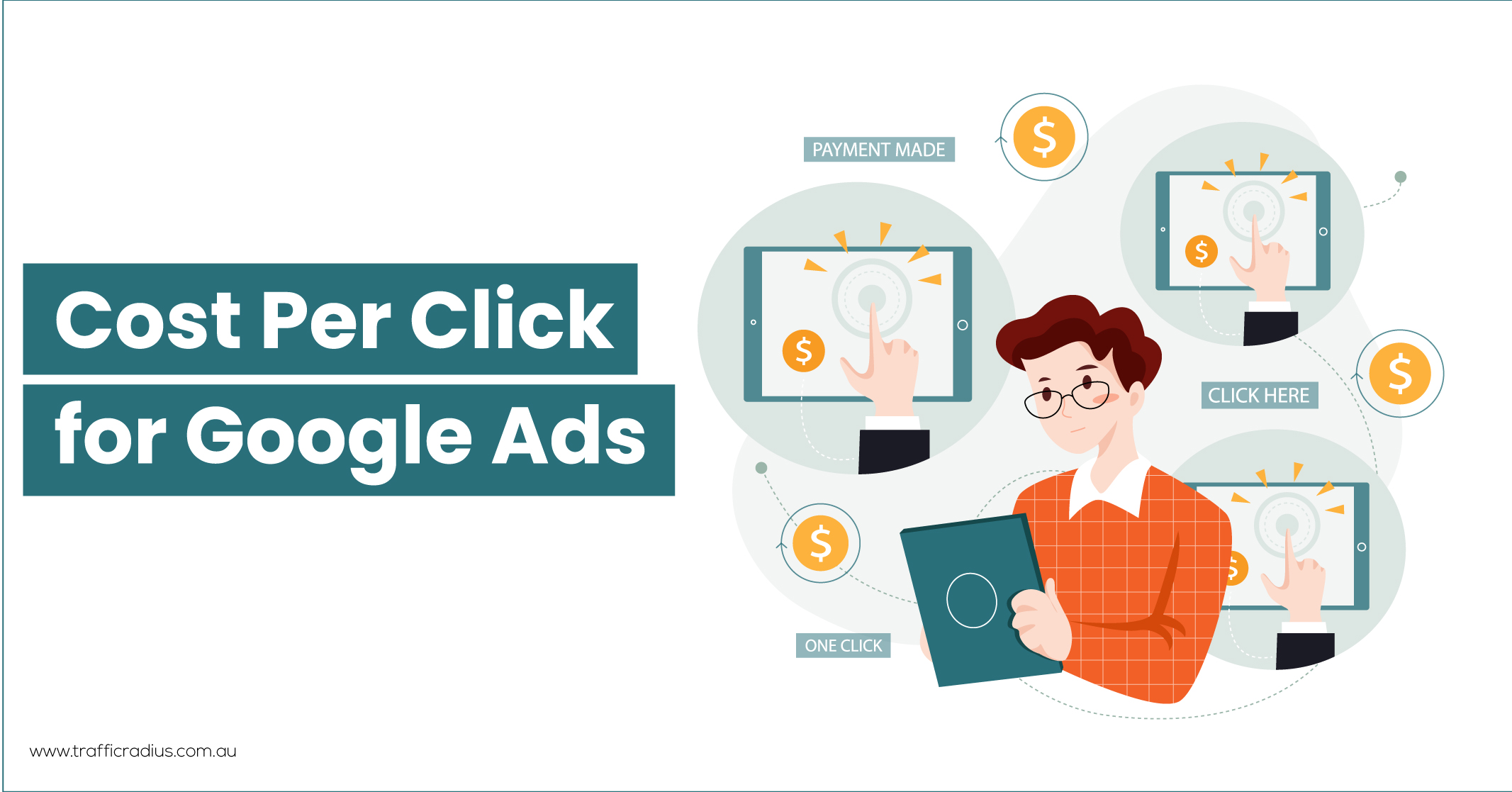
In the realm of Google Ads, the average cost per click is determined by various factors. As mentioned earlier, you won’t always pay the maximum bid you have set.
Pro Tip: Remember that relevance remains crucial even after your audience has clicked through. Ensure that your landing pages are highly relevant to the keywords you have selected.
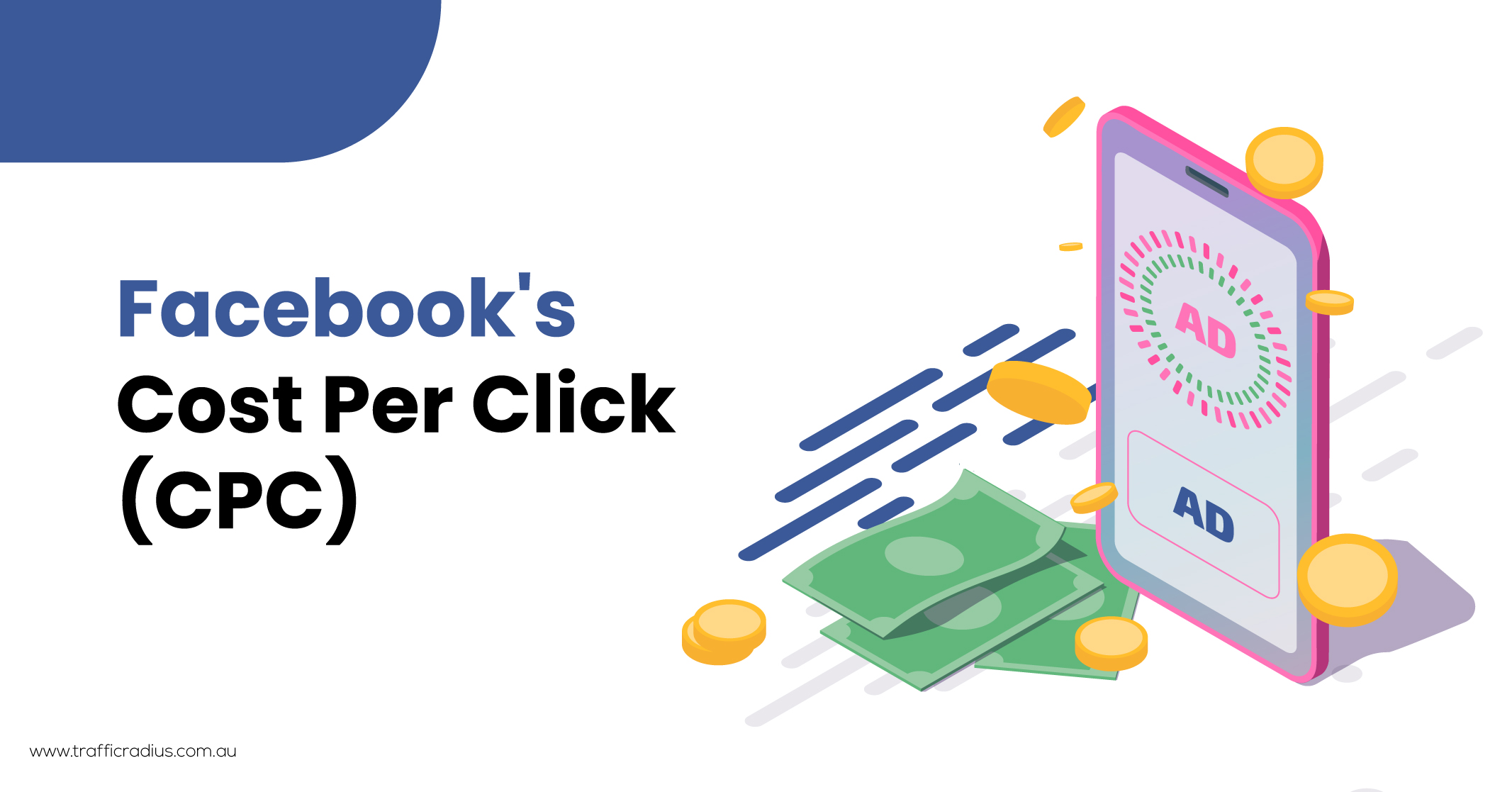
Facebook’s pay-per-click (PPC) platform offers advanced targeting options, allowing you to fully leverage them to narrow down your audience based on demographics, behaviours and interests.
By doing so, you can minimise wasted clicks, as your highly targeted ads are more likely to reach the right people at the right time, ultimately reducing your CPC.
Pro Tip: Make use of Facebook’s Ad Scheduling feature to identify peak engagement times and schedule your CPC ads to run during those periods. Similarly, analyse Ad Placement data to determine which areas, such as the News Feed, right column, or audience network, receive the most attention, and concentrate your efforts accordingly.
Next, it’s essential to capture their attention with compelling and visually appealing ads that truly resonate with them.
What To Know?
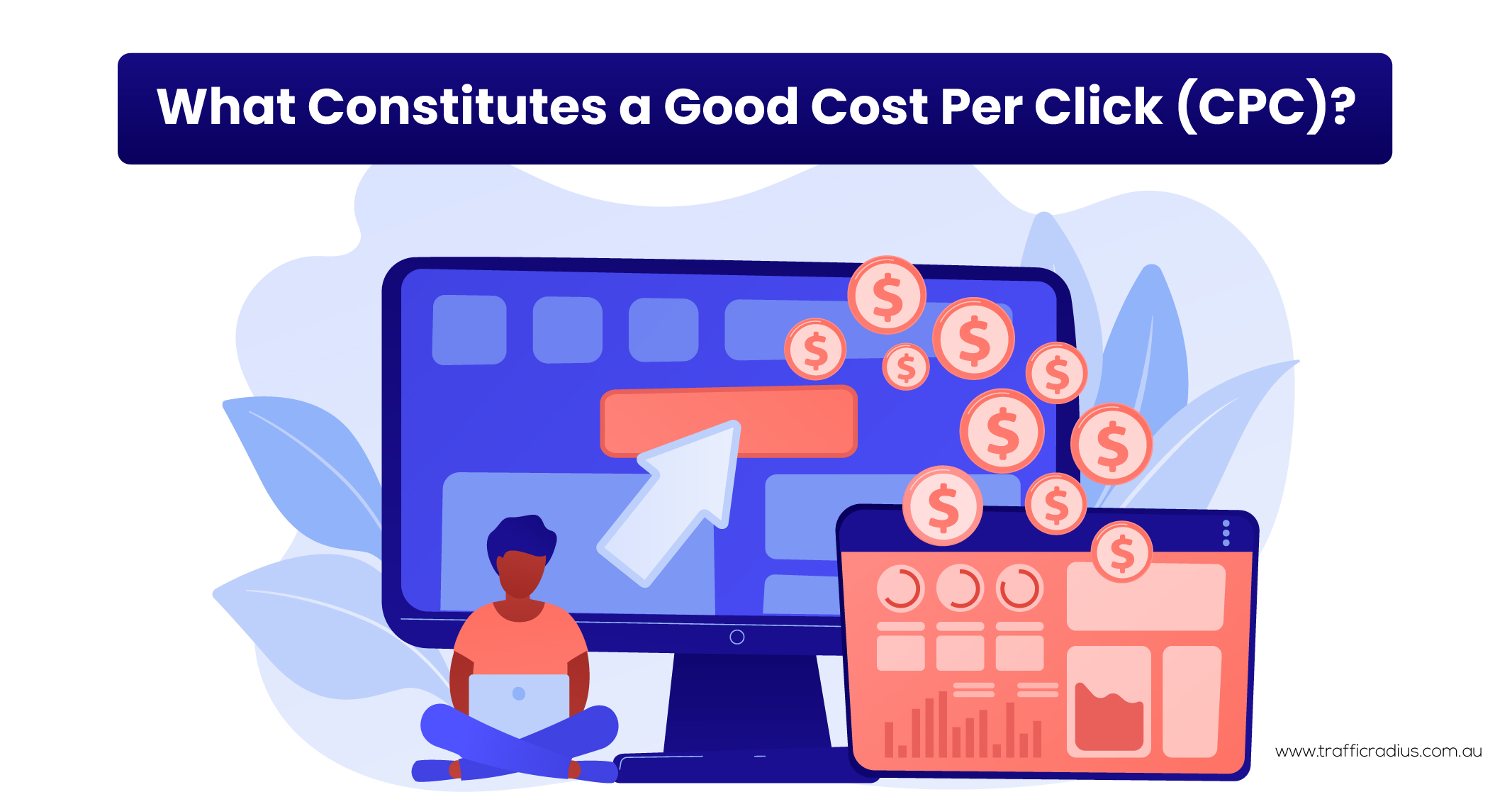
Determining a good CPC or average CPC is not a one-size-fits-all scenario. It depends on factors such as your industry, location, and the level of competitiveness in your targeted keywords or parameters.
In simple terms, a good CPC is one that either enhances brand visibility or generates a great return on investment (ROI) for your business, while minimising its impact on your budget.
What Is Bidding Strategy?
A bidding strategy refers to the methods and approaches utilised by advertisers to determine the amount they are willing to pay for each click or impression in an online advertising auction. It involves setting bid amounts or bid strategies to compete for ad placements and effectively reach their desired target audience.
Here are some of the most effective Google ads bidding strategies:
To research the PPC competitive landscape, follow these steps:
Pro Tip: Gain insights from your competitors’ past mistakes, allowing you to navigate away from potentially costly CPC pitfalls. While they deplete their budget, you can skilfully avoid unnecessary spending and obtain the best value CPC for optimal results.
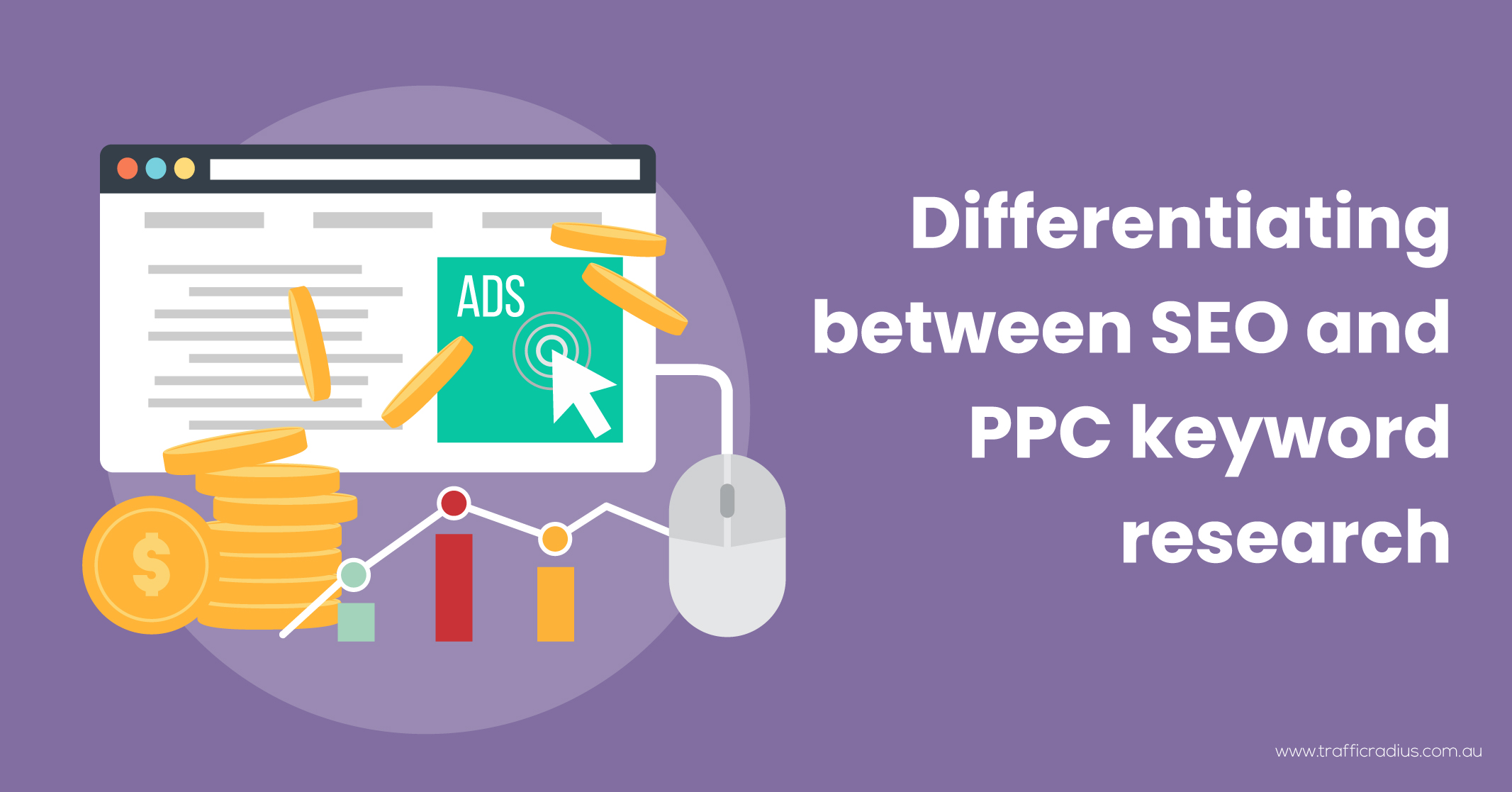
To enhance your PPC strategy, utilise our Keyword Generator tool and follow these steps:
Learn More: What Are Google Ads & How Do They Work?
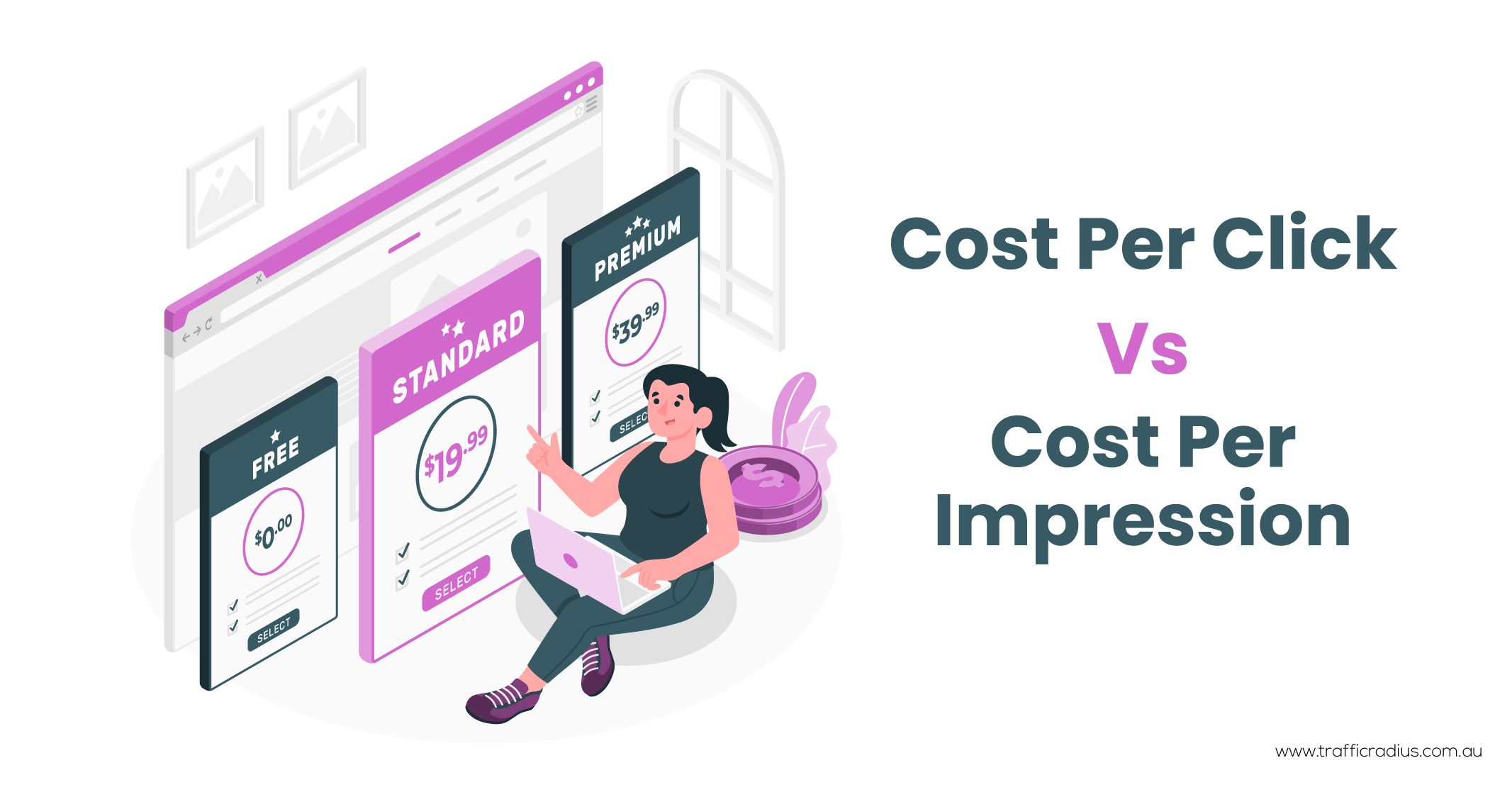
The pricing models of cost per click (CPC) and cost per impression (CPM) are employed in online advertising with distinct approaches.
On the other hand, CPM, or cost per impression:
To summarise, CPC emphasises the cost incurred for each click, while CPM focuses on the cost associated with impressions or views. The choice between CPC and CPM depends on the specific advertising goals and strategies of the advertiser.
Learn More: Comprehensive Guide on Conversion Rate Optimization
In conclusion, we have explored the concept of CPC, its significance as a prominent PPC metric, and acquired strategies to effectively reduce CPC while improving outcomes.
By gaining insights into user intent, analysing search volume and uncovering both seed and long-tail keywords, you can prioritise keywords with high purchase intent, focus on less competitive options and optimise your advertising budget.

LEAVE A REPLY